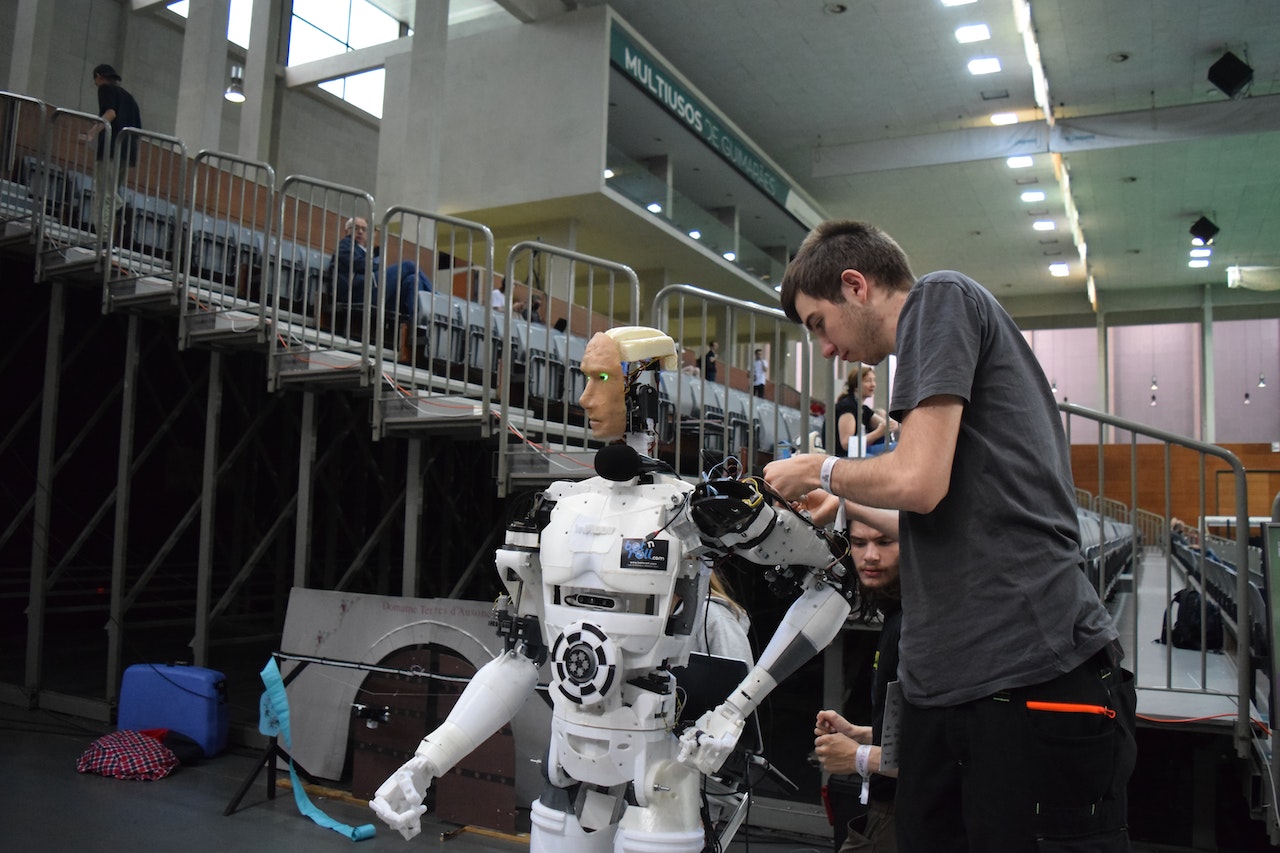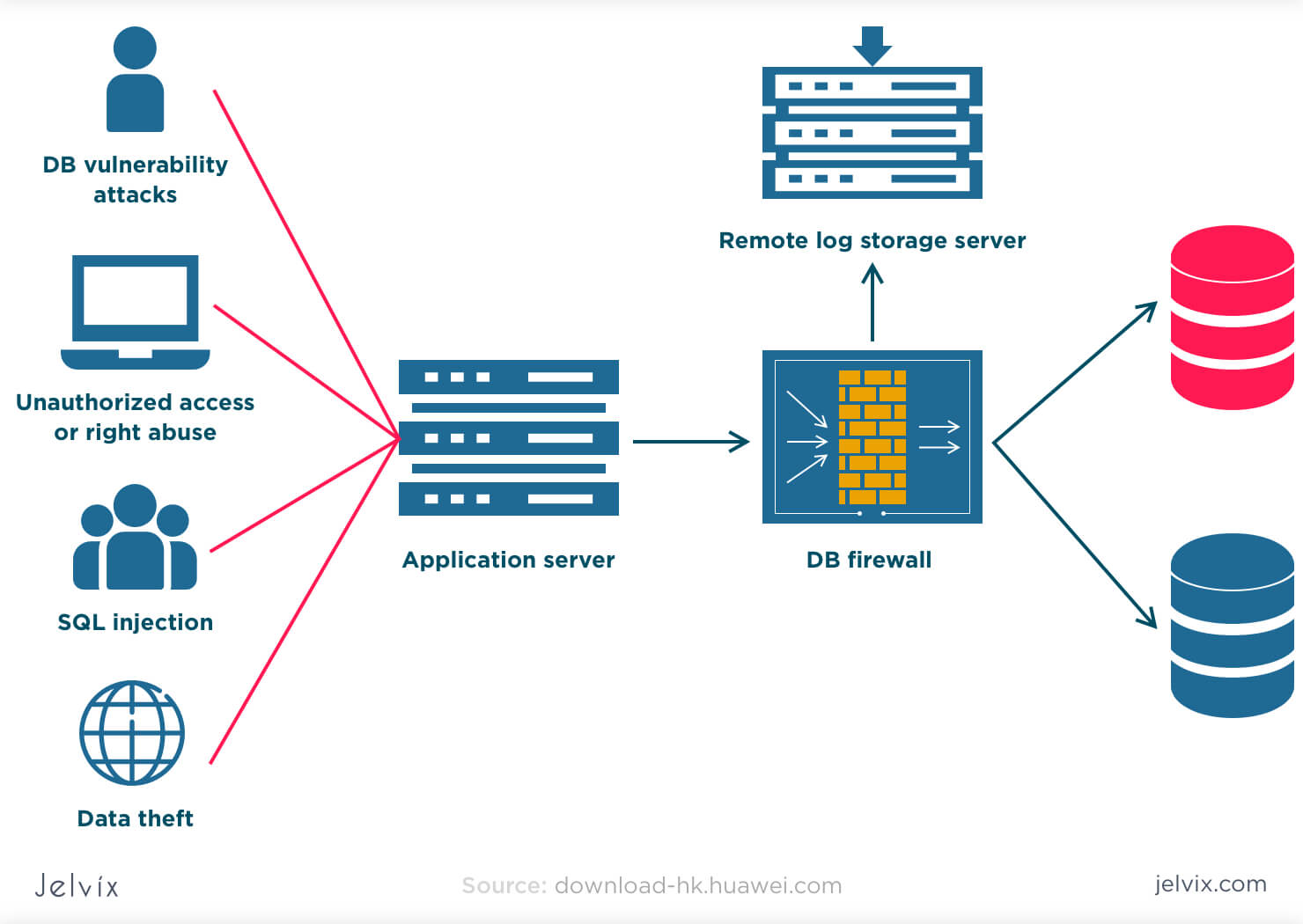Quantum computing is a revolutionary technology that has the potential to solve problems beyond the capacity of classical computers. It involves manipulating qubits or quantum bits, which can exist in multiple states simultaneously, leading to exponentially faster computing. However, the concept of quantum computing can be complex and overwhelming. In this blog post, we’ll unravel the mysteries of quantum computing and explain how it works in simple terms.
What is Quantum Computing?
Quantum computing is a type of computing that uses quantum bits, or qubits, instead of classical bits, to process information. Classical bits have two possible states, 0 or 1, while qubits can exist in multiple states simultaneously, known as superposition. This enables quantum computers to solve problems exponentially faster than classical computers.
How do Qubits work in Quantum Computing?
A qubit can exist in multiple states simultaneously, which is known as superposition. When qubits are combined, they can exist in multiple states simultaneously, allowing for many calculations to be performed at the same time. This phenomenon is known as quantum parallelism, which is a quantum computer’s power.
Moreover, qubits can also be entangled, which means that the properties of one qubit can affect the properties of another qubit instantaneously regardless of the distance between them. This means that quantum computers can perform calculations in parallel by using entangled qubits, allowing for an exponential speed-up in computation time.
Applications of Quantum Computing
Quantum computing has the potential to transform industries and change our lives. Some of the potential applications of quantum computing include:
-Simulation of chemical reactions, which can lead to the discovery of new drugs.
-Optimization problems, which can optimize logistics and supply chain management.
-Cryptography and cybersecurity, which can provide secure communication and data encryption.
Challenges in Quantum Computing
Despite its immense potential, quantum computing is still in its early stages of development, and several challenges need to be addressed before it achieves its full potential. The most significant challenge is error correction, as qubits are sensitive to environmental noise, which can cause errors in computations. Moreover, the development of quantum algorithms is also essential to develop practical applications.
Conclusion
Quantum computing is a revolutionary technology that has the potential to solve problems beyond the capacity of classical computers. It relies on qubits’ ability to exist in multiple states simultaneously and be entangled with each other, allowing for exponentially faster computing. While there are still several challenges that need to be addressed, quantum computing shows tremendous promise, and its impact on industries will be significant.











